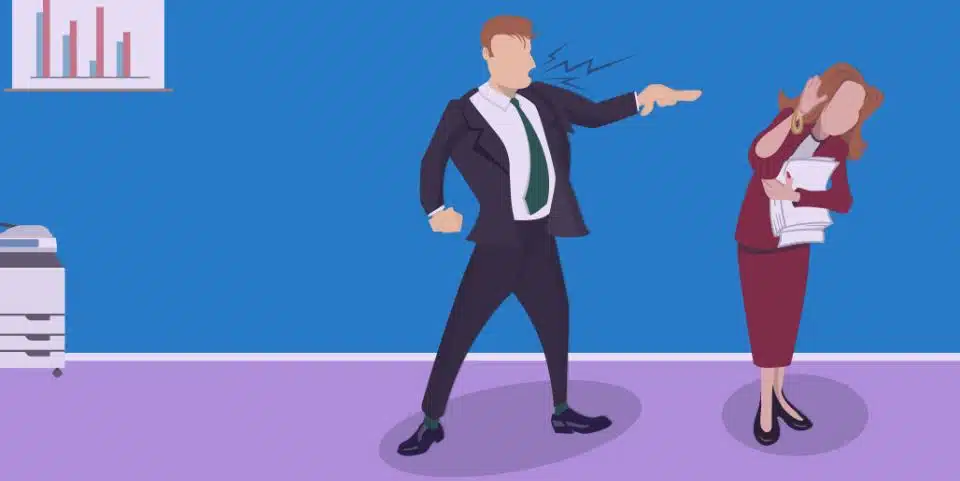Getting fired out of the blue can feel like the ground has been pulled from beneath you. One minute you’re planning tomorrow’s tasks, and the next you’re packing up your desk or logging out for the last time. It’s emotional, confusing, and often embarrassing — especially when you had no warning. In the middle of the shock, figuring out what to do next feels overwhelming, and it’s the kind of moment where people often reach out to an unfair dismissal lawyer simply to understand their rights.
But before you make any big decisions, it helps to pause, breathe, and give yourself a little space to think clearly. Sudden job loss is not just a professional setback; it’s also a deeply personal experience. Taking the right steps early can protect your well-being and set you up for a smoother transition.
Why Sudden Dismissal Hits So Hard
Being fired unexpectedly isn’t just about losing an income — it affects your pride, identity, and confidence. It’s normal to feel:
- Shock or disbelief
- Anger and frustration
- Embarrassment
- Anxiety about money
- Fear about what comes next
These feelings don’t mean you’re handling the situation badly. They’re a natural response to something that came without warning.
What matters most now is how you respond, not how you feel.
Step One: Don’t Sign Anything Immediately
In the moment, companies often present exit papers, agreements, or “standard forms” for you to sign before you leave. You might feel pressured or flustered, but you are under no obligation to sign anything on the spot.
If you’re given documents:
- Take them home to review
- Ask questions if anything seems unclear
- Don’t agree to anything you don’t understand
- Avoid making emotional decisions
You’re allowed to take your time. Rushing now can create problems later.
Step Two: Write Down Everything You Remember
Your memory of the dismissal meeting will be freshest within the first few hours. Document everything:
- What was said
- Who was present
- How the situation unfolded
- Any reasons given
- Whether warnings were issued beforehand
- Anything that felt unusual
These notes create a timeline that’s incredibly helpful if you need to challenge the dismissal or simply make sense of what happened.
Step Three: Gather Your Employment Records
It’s easy to forget how much information you have scattered across emails, files, and logins. Now is the time to gather:
- Employment contracts
- Performance reviews
- Previous warnings (if any)
- Emails related to your work or duties
- Timesheets or rosters
- Any relevant messages
- Screenshots of important conversations
Having everything ready gives you clarity and confidence as you plan your next steps.
Step Four: Give Yourself Permission to Process
People often try to push through the emotions quickly because they feel guilty or worried about appearing unprofessional. But ignoring your feelings makes the situation harder.
Give yourself space to:
- Vent privately
- Talk to a friend or family member
- Take a walk
- Sit with the shock
Even a short pause can help you think more clearly.
Step Five: Assess Whether the Dismissal Was Fair
Now that you’ve grounded yourself, it’s worth objectively considering what happened. Not every sudden firing is illegal or unfair — but many are.
Ask yourself:
- Were you given any warnings?
- Did the reasons given make sense?
- Were you singled out or treated differently?
- Have your responsibilities changed recently?
- Were there signs of conflict or misunderstanding?
- Were you replaced quickly or quietly?
These questions aren’t about blaming yourself; they’re about understanding the situation accurately.
Step Six: Seek Professional Advice If Something Feels Wrong
You don’t need certainty before reaching out for help. Many people contact workplace professionals just to understand their options. A single conversation can help you figure out whether the dismissal was handled properly or whether something needs to be challenged.
You don’t have to fight anything alone. Getting clarity early gives you more control and prevents small issues from becoming major ones.
Step Seven: Focus on What You Can Control Next
Once you understand your situation, your next steps become clearer. Some people explore new roles straight away, while others take a short break to reset. Both are perfectly valid.
Consider simple actions that help you move forward:
- Update your résumé
- List your accomplishments from your last role
- Reach out to previous colleagues
- Begin looking at new opportunities
- Focus on restoring your routine
A sudden dismissal can feel like a dead end, but it often becomes a turning point toward something better.
Being Fired Suddenly Doesn’t Define You
Losing your job out of nowhere feels deeply personal, but it doesn’t say anything about your worth, your skills, or your future. What matters most is how you regroup — calmly, thoughtfully, and with support where you need it.
You don’t need all the answers right now. You just need the next step. And once you take it, everything feels a little less overwhelming.

